SRB and the Resolution Planning Cycle

The Single Resolution Board (SRB) launched its Resolution Planning Cycle in April 2022. Working alongside the National Resolution Authorities (NRAs), the SRB outlined 102 resolution plans for banks within its area of responsibility. While the plan package is still being reviewed by the ECB and SRB quality assurance team, some resolutions have already been implemented in the SRM decision-making process.
The SRB has already published its Expectations for Banks (EfB) document in 2020, where the central resolution authority highlighted its expectations towards banks it oversees. The EfB document covers best practices and benchmarks for these financial institutions in terms of their resolvability. As has been mentioned multiple times, banks must meet resolvability expectations by the end of 2023. Next year will serve not only as a deadline, but also as a transitional period, setting the stage for the SRB to shift from the introduction and preparation of resolution plans to proper tracking of the progress.
SRB heatmap – first findings
During this summer, the SRB published a heatmap, serving as a benchmark for the resolvability of banks. First findings from the 2021 implementation are already available, and show the following:
- G-SIIs and Top Tier banks are handling the SRB priorities quite well
- Minimum Own Funds and Eligible Liabilities (MREL) requirements are easier to implement
- Banks have developed their ability to quickly execute bail-in and maintain critical functions and vital business lines
- Room for improvement is still present in areas that are yet to be introduced by the EfB
The resolution plans have come a long way and have significantly developed since their introduction. Implementing certain regulations showed that the crisis management and deposit insurance (CMDI) framework empowered banks to adapt to the situation at hand. The cases of Sberbank and Banco Popular proved the SRB mandate effectiveness.
Sberbank and Banco Popular cases
The SRB previously reported on the Sberbank case but since then, the SRB published additional documentation and presented the results. The SRB transferred all shares of the group’s Croatian subsidiary Sberbank d.d. to Hrvatska Poštanska Banka d.d. (Croatian Postbank) and all shares of the group’s Slovenian subsidiary Sberbank banka d.d. to Nova ljubljanska banka d.d. (NLB d.d.)
This move has its origins in the sanctions imposed on Russia after the war broke out, as the Russian parent of Sberbank could not act as the ultimate provider of liquidity. Therefore, the SRB decided that the best course of action would be the share transfer to the subsidiaries. It shows the ability to adapt and resolve problems without any harm to financial stability, depositors, or public funds.
The Banco Popular case was determined by the EU Court, which confirmed that SRB decisions on Banco Popular Español were within the law. This officially proved that the legal framework of SRB’s decision was valid, and it may serve as a benchmark for future resolution cases.
The importance of SRB regulation
The Sberbank and Banco Popular cases prove the validity of SRB’s framework and show that there is a need for proper regulation of national procedures, to maximize the response and adaptability of banks in terms of crisis management.
Right now, with the looming economic challenges caused by the energy crisis, climate change and digitalization, it is even more important for banking institutions to be prepared for swift crisis management and meeting regulatory requirements.
Our ATOME: Particles solution enables its users to fully cover the resolution reporting obligations presented by the SRB or even go beyond that. Although the SRB Level 3 data quality checks v1.0 are listed as recommended, not obligatory, ATOME: Particles is still capable of meeting these requirements. Regulators can meet all SRB’s requirements as well as any standards developed by the EBA.
We process your data in order to contact you and handle the matter being the subject of your message. The Controller of your personal data is BR-AG prosta spółka akcyjna (formerly Business Reporting – Advisory Group Sp. z o.o. – Sp.k.). Information about purpose and details of processing of your personal data by BR-AG, including your rights can be found in our Privacy Policy.


